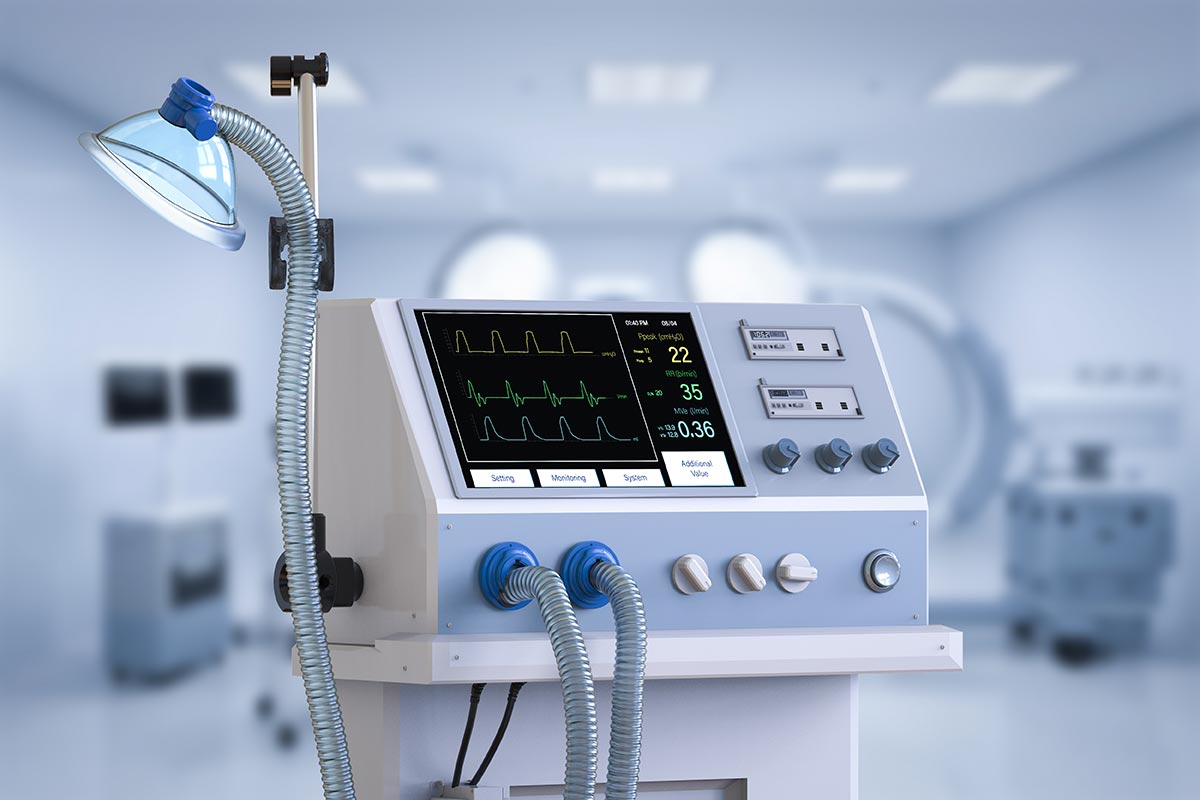The Unique Device Identifiers system under the Regulation (EU) 2017/745 (MDR) and Regulation (EU) 2017/746 IVDR applies new requirements on all participants of the supply chain. The overall objective of which is to improve patient safety by means of better traceability and transparency. Both the MDR and IVDR have similar requirements with the only difference relating to the timelines associated with implementation. In this article, we will focus on the needs under MDR.
What Is A Unique Device Identifier?
Article 2 (15) of the MDR 2017/745 defines a “Unique Device Identifier” (UDI) as:
‘a series of numeric or alphanumeric characters that are created through internationally accepted device identification and coding standards and that allows unambiguous identification of specific devices on the market’
Definitions associated with UDI as per 2017/745 Annex VI – Part C
- AIDC – Automatic identification and data capture – is a technology used to automatically capture data. AIDC technologies include bar codes, smart cards , biometrics and RFID.
- RFID – Radio Frequency Identification – is a technology that uses communication through the use of radio waves to exchange data between a reader and an electronic tag attached to an object, for the purpose of identification.
- Basic UDI-DI: The Basic UDI-DI is the primary identifier of a device model. It is the DI assigned at the level of the device unit of use. It is the main key for records in the UDI database and is referenced in relevant certificates and EU declarations of conformity.
- UDI-DI: The UDI-DI is a unique numeric or alphanumeric code specific to a model of device and that is also used as the ‘access key’ to information stored in a UDI database.
- UDI-PI: The UDI-PI is a numeric or alphanumeric code that identifies the unit of device production. The different types of UDI-PIs include serial number, lot number, software identification and manufacturing or expiry date or both types of date.
Articles 27 and 28 of MDR 2017/745 outline the UDI system, UDI database respectively while Annex VI Part C describes the core data elements to be provided to the UDI database together with the UDI-DI
Which devices does UDI apply to?
The UDI is applicable to all devices with the exception of custom-made devices. The foundations of the UDI system should be based on internationally recognised principles inclusive of definitions.
What are the requirements of UDI under MDR 2017/745?
The UDI shall be present on the medical device itself or its label. It should also be displayed on all higher levels of packaging. In the event that there is limited space on the unit of use packaging, it is permissible to place the UDI on the next packaging level.
The UDI must be in plain text version or Human Readable Information (HRI) and in a format that is compatible with AIDC technology. AIDC is any technology that conveys the UDI or the device identified of a device in a form that is transferrable to an electronic patient record or a computer system via an automated process. HRI means any legible format that is easy to read for people.
Data submission to the UDI database
Annex VI Part B outlines all the information that the manufacturer will be required to submit to the UDI database. which will include particulars on the medical device itself, the manufacturer and the UDI-DI.
*Note – The UDI-DI will also be entered into the EUDAMED (European Database for Medical Devices) and therefore will link all the information pertaining to a specific medical device throughout the system
Traceability by & the UDI System
With the incorporation of the new UDI system, this will allow for easier traceability of medical devices which will subsequently enhance the effectiveness of the post market surveillance. It should also result in a reduction of medical errors and falsified devices.
Unique Device Identifiers Issuing agencies
The European Commission has designated four organisations as UDI Issuing Agencies to support manufacturers to comply with new regulatory requirements.
These agencies will issue the unique codes necessary for UDI, described in MDR articles 27-28, Annex VI and IVDR articles 24-25, Annex VI.
Details of the Agencies designated are as follows:
- GS1 AISBL
- Health Industry Business Communications Council (HIBCC)
- International Council for Commonality in Blood Banking Automation (ICCBBA)
- Informationsstelle für Arzneispezialitäten (IFA) GmbH
Reference https://ec.europa.eu/health/sites/health/files/md_topics-interest/docs/md_faq_udi_en.pdf for further information.
Timelines for UDI Implementations:
| Type of Device | Timeline for UDI implementation |
| Class I | May 2025 |
| Class IIa & IIb | May 2023 |
| Class III | May 2021 |
| Implantables | May 2021 |
Talk To Us To Find Out More About Unique Device Identifiers
If you would like to talk to us about UDI’s, or any other aspect of MDR, then please contact us on 00353 52 61 76706 or complete the form on our Contact Us page and we will get back to you.




